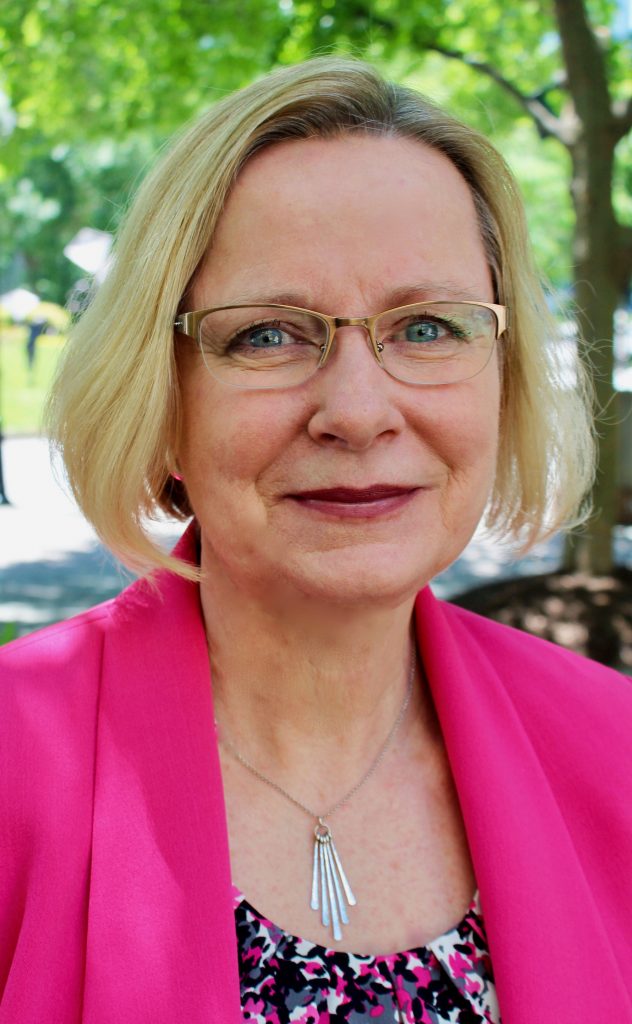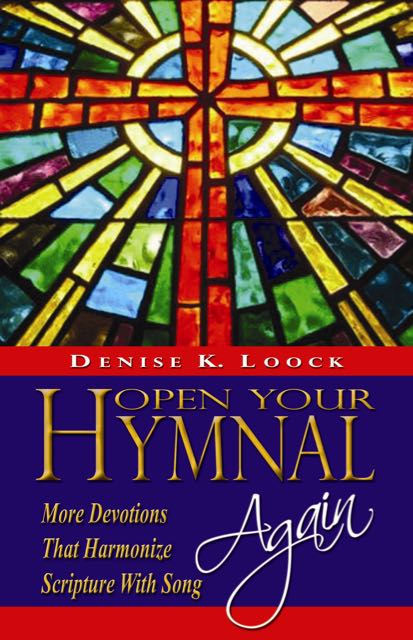
Please welcome Denise Loock, my guest today. As an editor, she must keep abreast of the currently accepted ways of formatting what I call cyber words. Learn more about Denise after her post. Here’s Denise:
A revolution began in 1972. The word internetwork entered the English language that year, referring to “the linked computer networks of the US Defense Department.”[1] Few recognized the potential power of such a network, which now affects every aspect of our lives.

Shortened to Internet in 1984, the word was capitalized for almost forty years because it referred to something particular and novel. But by 2016, the term had become so commonplace that the Associated Press Stylebook de-capitalized it. The 17th edition of The Chicago Manual of Style (CMS) and the 4th edition of The Christian Writers Manual of Style (CWMS) also lowercase it.
Born in 1990, the World Wide Web has expanded and changed our communication in astounding ways. Even though CMS still recommends uppercase letters for World Wide Web, other related words are lowercased: the web, website, and web page. Cyberspace and social media have coined hundreds of words. The 2019 additions to the Merriam-Webster Dictionary (M-W) include page view, screen time, and unplug. Words added in 2018 include airplane mode and Instagramming. None of these web-related terms existed in 2000: selfie, photobomb, hashtag, and unfriend.

Nouns have morphed into verbs (inbox), adjectives into verbs (unlike). Maybe the most famous noun-verb transformation is Googol. As a noun—“a number represented by 1 followed by 100 zeroes”—the word dates from 1940, first used in Mathematics and the Imagination, written by Edward Kasner and James Newman.[2] The domain google.com was registered in 2000. Although M-W lists the word as both an uppercase and lowercase verb (Google or google), most dictionaries lowercase it.
E-mail was born in 1982, its cousin snail mail in 1983. Most dictionaries now list email as a non-hyphenated word, but e-commerce and e-book remain hyphenated. Expect those hyphens to disappear soon.

Many writers wonder how to format emails and text messages. Format an email’s content the same as a letter’s content (roman font, block quotation). Some publishing houses format text messages as dialogue, but very few use an alternate font. As for emojis and emoticons, both CMS and CWMS advise authors to omit them in both print and e-books. Some social media abbreviations are now included in the dictionary (LOL, BRB, and OMG). But CMS cautions “the mere presence of a word in the dictionary’s pages does not mean that the word is in all respects fit for print as Standard Written English” (CMS 5.250).
Cyberspace and social media have changed not only the way we communicate but also the way we write about communication. Keyboard functions are such an integral part of our lives that CMS has created capitalization protocol for these terms. Here are two examples:
- On a Mac, the Option key is similar to the Alt key on a typical PC.
- Save the file as a PNG or JPEG, then press Send.
Keeping up with communication trends and practices is a lifelong learning experience for writers. My best advice? Consult the dictionary often and read writing blogs—like this one.
[1]“Internet,” Online Etymology Dictionary, Accessed 8 March 2019, https://www.etymonline.com/word/internet#etymonline_v_9422.
[2]“Google,” Online Etymology Dictionary, Accessed 5 April, 2019, https://www.etymonline.com/word/google#etymonline_v_25832; https://www.etymonline.com/word/googol?ref=etymonline_crossreference.

Former high-school English teacher and college professor Denise Loock is an editor, author, and inspirational speaker. She is a general editor for Lighthouse Publishing of the Carolinas, based in Raleigh, NC. She also accepts freelance editing projects from writers who want to submit clean, concise, and compelling manuscripts to publishers (lightningeditingservices.com).
She is the founder of Dig Deeper Devotions, a website that encourages Christians of all ages to dig deeper into the Word of God. Two collections of devotions from the website are available on Amazon: Restore the Joy: Daily Devotions for December and Restore the Hope: Devotions for Lent and Easter.

She is the author of two devotional books that highlight the scriptural truths of classic hymns and gospel songs, Open Your Hymnal and Open Your Hymnal Again. Her articles, stories, and devotions have appeared in various publications, including Chicken Soup for the Soul compilations, The Upper Room, and Vista.
Denise teaches two online PEN Institute courses: Sentence Diagraming 101 and Editing Devotionals 101. She also writes “Mind Your MUGS,” a grammar and usage column for Christian Communicator.






Thank you, Denise! This post is a great look at the evolution of language and technology and the perfect primer to formatting cyber text in our articles and books. You rock!
I thought about you, Vie, as I posted Denise’s article. I thought as an editor you’d like her research.
Thanks for the encouraging feedback, Vie. Writing the post was an education for me.
I’ve still been capitalizing Internet. Guess I’d better get with it.
The word Googol in your fourth paragraph was a new one for me.
You’re always teaching us.
Thanks
Phyllis
Phyllis, I learned about the lower case on internet, but it felt weird writing it without the capital I. I got over it, though. Denise may have been the one to let me know about the new “rule.”
Thanks, Phyllis. You’ve taught me a lot over the years too.